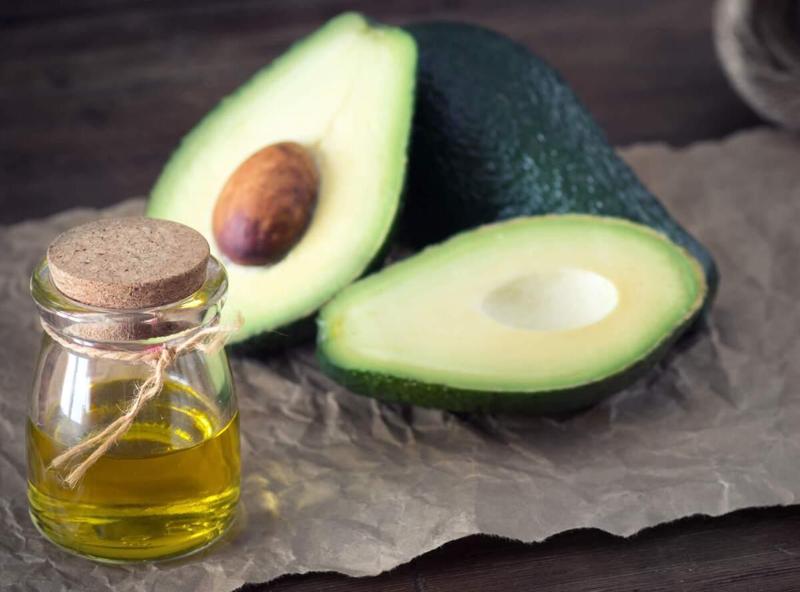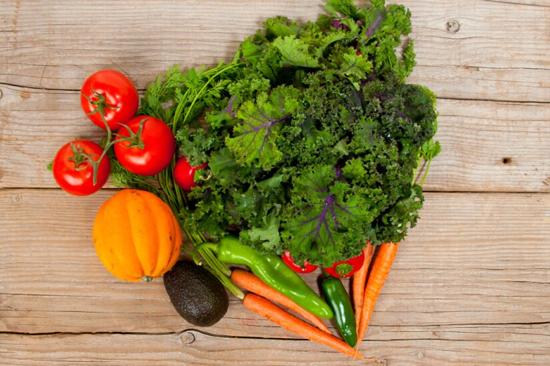The Keyto diet is a Mediterranean-style, low-carb eating plan that prioritizes healthy proteins and fats from fish and plant-based sources. This approach excludes refined carbs and added sugars.
What Is the Keyto Diet?
Supporters of this eating plan claim that it combines the advantages of the Mediterranean diet, such as better heart health and sustainability, with the metabolic benefits of a low-carb diet, such as weight loss and diabetes management.
In 2018, Dr. Ethan J. Weiss, a preventive cardiologist at the University of California, San Francisco, along with Dr. Ray Wu and Liane Nakamura, an engineer and product developer, created this diet.
The Keyto diet shares similarities with the well-known keto diet, which prioritizes quick weight loss through a high-fat, low-carb eating plan. Advocates of the keto diet claim that by reducing carbohydrates and increasing fat intake, the body enters ketosis, a metabolic state in which stored and dietary fats are broken down into energy.
According to Wu, "The primary distinction between the keto and Keyto diets is that Keyto prioritizes Mediterranean-style foods and fats, such as olive oil, avocados, nuts, and fish. Additionally, we encourage the consumption of vegetables, despite their carbohydrate content."
On the company's website, getkeyto.com, you'll find subscription diet plans and the Keyto diet's breath sensor, which customers use as a feedback method to determine whether their body is in a state of ketosis.
Budget friendly. Foods for this diet are easy to find at a typical grocery and don’t require expensive or specialty food items.
Vegan or vegetarian friendly. Recipes can be easily modified for a vegan or vegetarian diet.
Gluten-free friendly. Recipes can be easily modified and still follow a gluten-free diet.
Halal friendly. Recipes can be easily modified to follow a halal-friendly diet.
Kosher friendly. Recipes can be easily modified to follow a kosher eating regimen.
Low-carb. The Keyto diet is a Mediterranean-style low-carb program. It emphasizes healthy proteins and fats from plant and fish-based sources, as well as fibrous vegetables. It eliminates foods with added sugar and refined carbs.
How Does the Keyto Diet Work?
Online questionnaire. You start by taking a short online questionnaire to shape your plan.
Mobile app. Keyto’s mobile app has thousands of recipes and meal plans, including starter, budget and gourmet options.
Keyto course. The app includes the Keyto course, a data-driven lesson plan that provides core principles of the diet and introduces members to a searchable food database, recipes, meal plans and podcast.
Keyto breath sensor. This device is designed to detect ketosis.
The Keyto breath sensor gives users feedback by measuring their breath. The device works by detecting breath acetone, which is a proven biomarker for assessing if a user is in nutritional ketosis. After breathing into the device, users are given a 1 to 6+ score on their level of ketosis. Levels 1 to 3 signify that the user is not yet in ketosis, while levels 4 to 6+ mean the user is in ketosis.
With one breath, users of the sensor can see whether they're in ketosis. Level 4 (light ketosis) has been shown to be very effective for weight loss, according to Wu.
Can I Lose Weight on the Keyto Diet?
Because the diet is similar in many ways to a Mediterranean diet and is rich in fiber and lean proteins, it should keep you full, says Amanda Sauceda, a registered dietitian in Long Beach, California. Feeling satiated is one of the best ways to keep from mindless snacking and overindulging.
Short-Term Weight Loss
A randomized study from 2021 found that after 24 weeks, adults with overweight or obesity following the Keyto diet and using the breath sensor lost more weight than those using WW/Weight Watchers app (1).
Long-Term Weight Loss
Especially when combined with energy restriction and physical activity, research shows that a Mediterranean-style diet, which the Keyto diet is based on, could help with long-term weight loss (2).
Weight Maintenance and Management
Research suggests that a Mediterranean-style diet is effective for weight management, although sticking to the diet is imperative for maintaining weight loss (3).


Do: Try out sources of healthy fats.
What Does the Keyto Diet Cost?
Yearly subscription: $29 per month, billed at $349 annually, includes the Keyto breath sensor for free and has no initiation fee.
Monthly memberships: $49 per month with a $99 initiation fee will get you a subscription with the Keyto breath sensor included. For the same price with no initiation fee, you can get access to the same coaching, lessons, recipes and meal plans, but this option does not include the Keyto breath sensor. You can buy the Keyto breath sensor separately for $99.
*Prices as of July 2023.
What Costs Are Related to the Keyto Diet?
Most of the cost comes down to subscribing to the Keyto plan and purchasing the breath sensor if you choose the monthly plan without the initiation fee. The Keyto diet website doesn't currently offer any packaged or premade diet-related foods, so you'll purchase all of the food you need at your regular grocery store.Doing Keyto Diet on a Budget
Canned vegetables. Be sure that they aren’t high in sodium.
Canned fruits without added sugar.
Frozen vegetables and fruits.
Canned salmon, sardines and tuna.
Eggs.
Is the Keyto Diet Easy to Follow?
Who Should Not Try the Keyto Diet?
Pregnant women should not try this diet without consulting with their doctor, as pregnancy comes with a specific set of nutrition guidelines.
People with gallbladder concerns should talk to their doctor before trying Keyto. That’s because the high-fat nature of Keyto can be harder on the gallbladder.
People who have diabetes or blood sugar concerns should be cautious. A quick restriction of carbs can have negative impacts on blood sugar, more so if they are also on medications that lower blood sugar.
High-fat diets can also stress the digestive system, so people with irritable bowel syndrome may find this eating style doesn’t agree with their bodies.
Keyto would also not be appropriate for anyone with an active or past history of an eating disorder, as the restrictive nature of the diet can be triggering.
Pros
Coaching and/or group support available.
Diverse foods and flavors.
No counting carbs, points or calories.
Filling – it's rich in high-fiber foods.
Cons
Lacks in-depth nutritional guidance.
Little research to back it up.
What Can I Eat? Do's and Don'ts of the Keyto Diet
Foods to Eat
Asparagus.
Berries.
Cheese.
Eggs.
Fish.
Low-carb legumes (lupini beans and black soybeans).
Low-sugar dark chocolate.
Nuts and nut butters.
Tofu.
Unsweetened almond milk.
Unsweetened Greek yogurt.
Pork.
Poultry.
Foods to Avoid (or Limit)
Bread.
Cake.
Candy.
Cookies.
Corn.
French fries.
Fruit other than berries.
Pasta.
Potatoes.
Rice.
Sugary drinks and sodas.
White bread.
Vegan and Following the Keyto Diet
The Keyto website recommends that vegans consume “coconut oil, avocado, seeds, nuts and vegan meat replacements like tempeh and tofu." See all vegan diets.
Vegetarian and Following the Keyto Diet
Lacto-vegetarians will be able to enjoy a variety of dairy products while on the Keyto plan, including butter, cheese, cow’s milk and Greek yogurt. Eggs are also encouraged for ovo-vegetarians. Of course, fish is always a healthy choice for those who include it in their diets. See all vegetarian diets.
Gluten Free and Following the Keyto Diet
The Keyto diet is essentially gluten free. No grains, pasta or bread are consumed on the diet. See all gluten-free diets.
Halal and Following the Keyto Diet
You will be able to avoid pork and shellfish while following the Keyto diet and can enjoy halal-certified beef, game, lamb or fish, as well as dairy products from halal-certified animals. See all halal diets.
Kosher and Following the Keyto Diet
It will be easy to separate meat and dairy, select kosher-certified meats and avoid shellfish on the Keyto diet. See all kosher diets.







